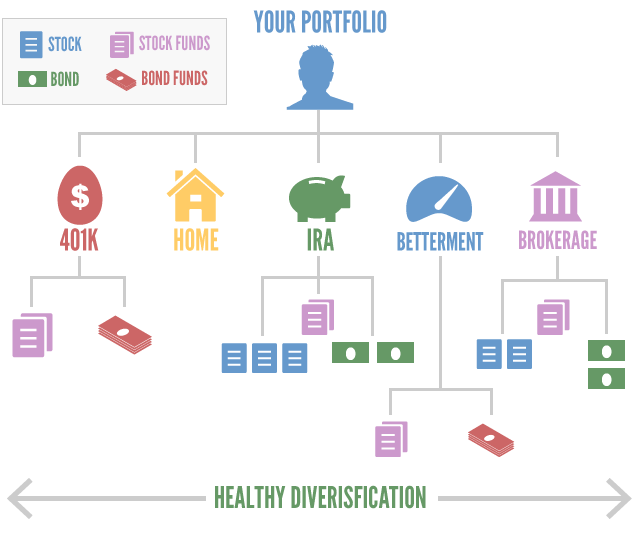If the idea of investing in get more info the stock market terrifies you, you are not alone. People with very minimal experience in stock investing are either frightened by scary stories of the typical financier losing 50% of their portfolio valuefor example, in the two bearishness that have already happened in this millennium or are seduced by "hot pointers" that bear the promise of big benefits but seldom settle.
The reality is that buying the stock exchange carries threat, but when approached in a disciplined way, it is among the most efficient ways to develop up one's net worth. While the value of one's house typically represents the majority of the net worth of the typical private, many of the upscale and very abundant generally have the bulk of their wealth invested in stocks.
Secret Takeaways Stocks, or shares of a company, represent ownership equity in the firm, which give shareholders voting rights along with a recurring claim on corporate revenues in the type of capital gains and dividends. Stock markets are where individual and institutional investors come together to buy and sell shares in a public place.
An individual or entity that owns 100,000 shares of a business with one million exceptional shares would have a 10% ownership stake in it. Most business have exceptional shares that encounter the millions or billions. Common and Preferred Stock While there are 2 main types of stockcommon and preferredthe term "equities" is synonymous with common shares, as their combined market price and trading volumes are many magnitudes bigger than that of favored shares.

Preferred shares are so called due to the fact that they have preference over the common shares in a business to get dividends As properties in the occasion of a liquidation. Typical stock can be further categorized in terms of their voting rights. While the standard facility of typical shares is that they must have equivalent ballot rightsone vote per share heldsome business have double or multiple classes of stock with different ballot rights attached to each class.